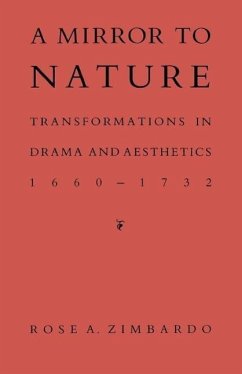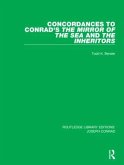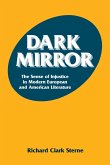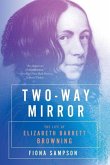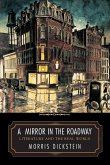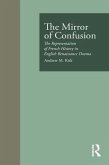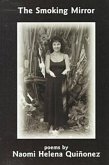In this provocative study Rose Zimbardo examines a crucial revolution in aesthetics that took place in the late seventeenth century and that to this day dominates our response to literature. Although artists of that time continued to follow the precept imitate nature, that nature no longer corresponds to the earlier understanding of the term. What had been in essence an allegorical mode came to be a literal one. Focusing on the drama of the period as an exemplary form, Zimbardo shows how it moved from depicting a metaphysical reality of idea to portraying an inner reality of individual experience. But drama is constrained in expressing the inner experience since its medium is limited to human action. The novel arose to replace drama as the popular literary form, Zimbardo argues, because it could better and more freely convey man's inner world and thereby imitate the new nature. The study concluded that the changes which took place in drama during this period and which led to the invention of the novel resulted not from any change of heart or sensibility but from a fundamental change in the understanding of the nature which art was thought to imitate. Neither the drama of the 1690s nor the early novel, Zimbardo finds, was in the least sentimental. A Mirror to Nature brings a new critical perspective to bear on literary developments at the end of the seventeenth century - one that must be considered by critics and historians of the period.
Hinweis: Dieser Artikel kann nur an eine deutsche Lieferadresse ausgeliefert werden.
Hinweis: Dieser Artikel kann nur an eine deutsche Lieferadresse ausgeliefert werden.

